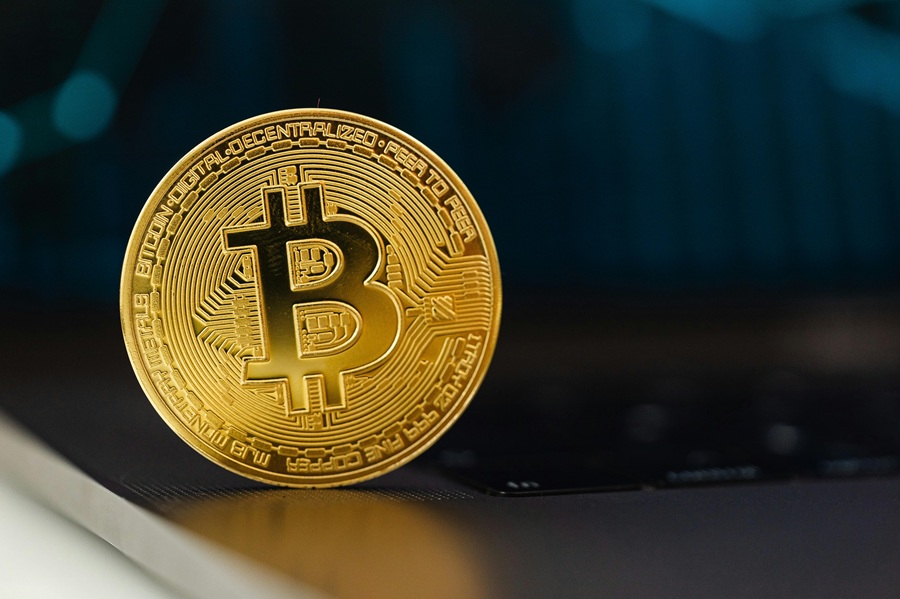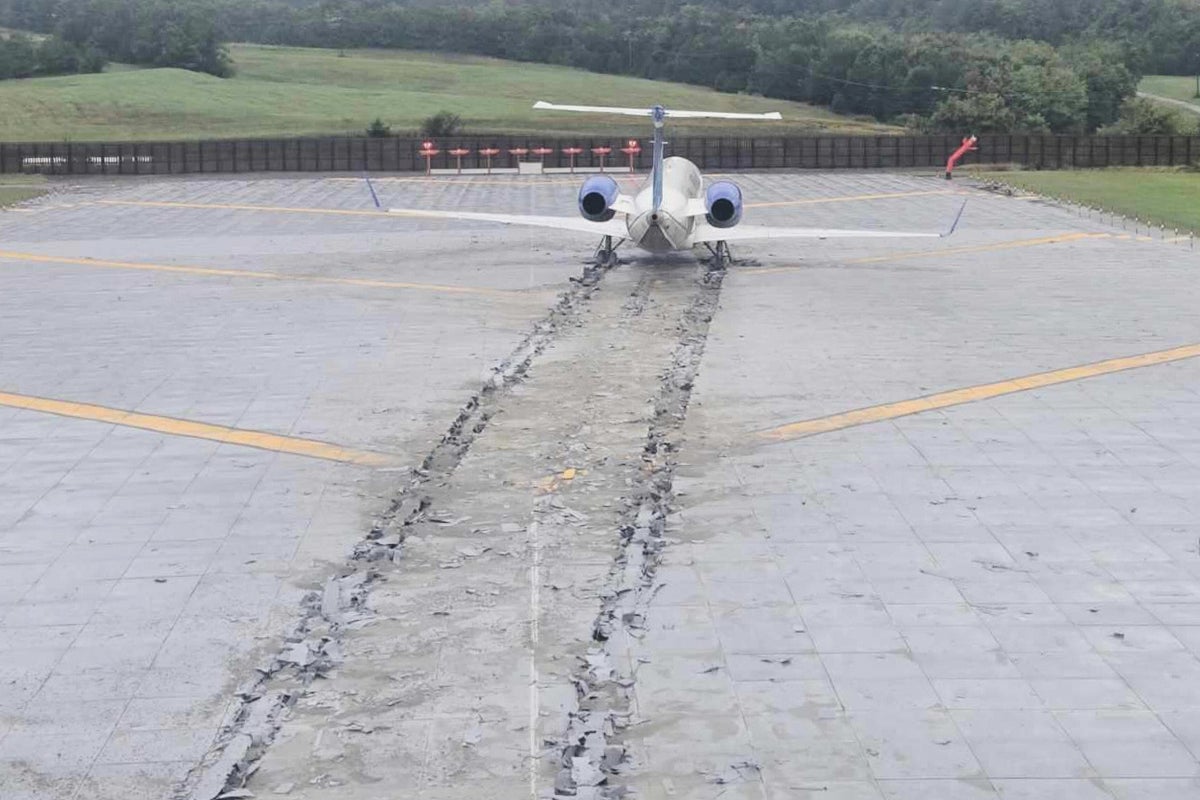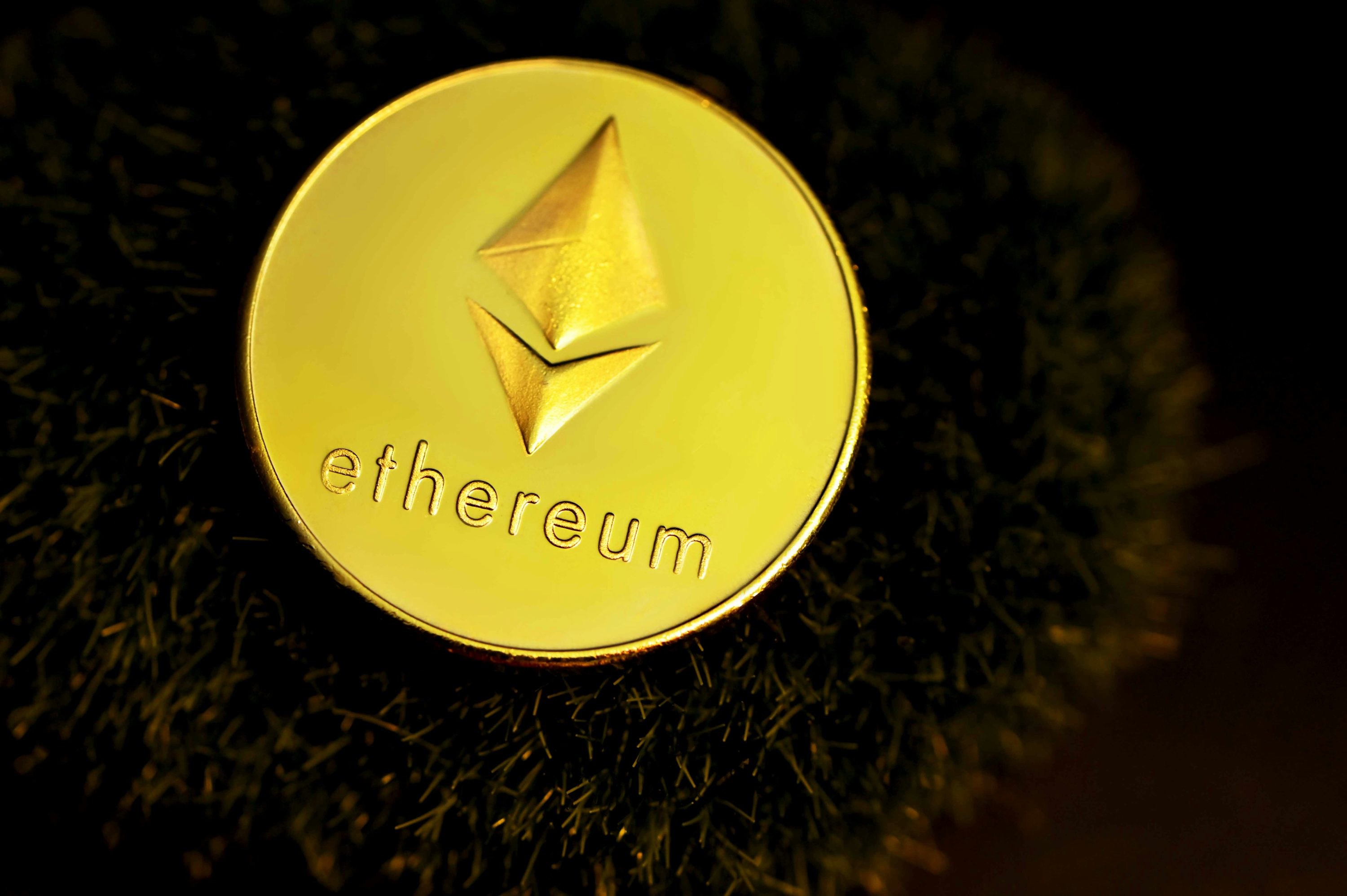Nvidia’s market cap has plunged by US$406 billion. Is the AI bubble about to burst?
Nvidia's colossal drop of US$406 billion signals a growing concern that an AI bubble might pop, alongside how there is little to show for AI.
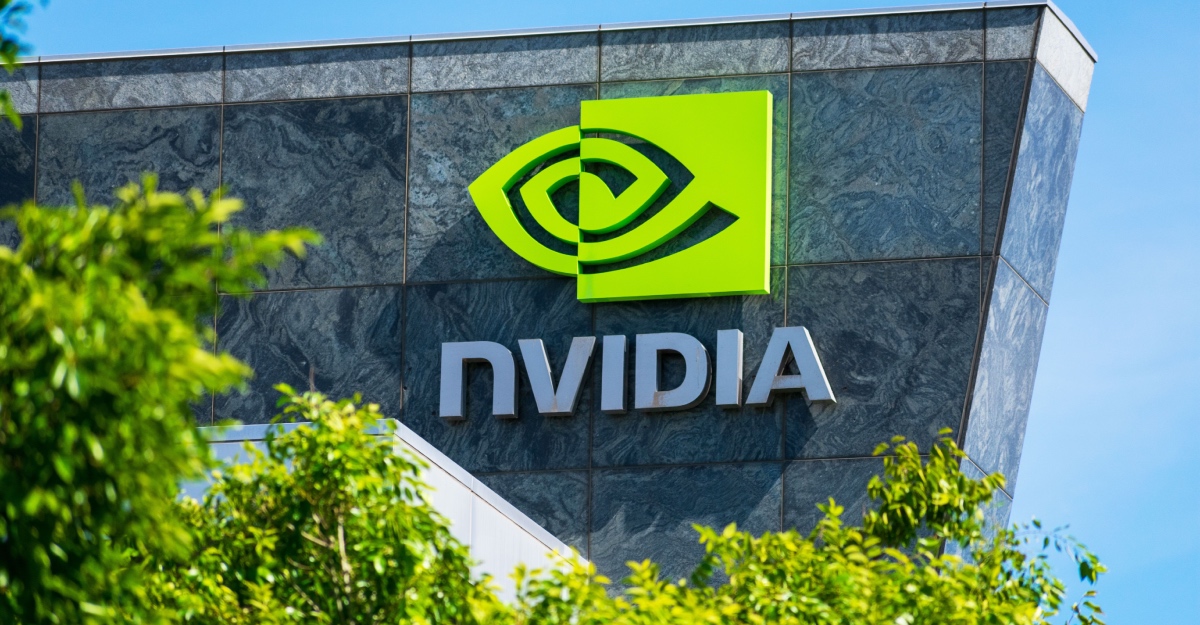
Despite recently reporting blockbuster earnings, it looks like the poster child of the artificial intelligence (AI) boom isn’t doing very well.
For a brief amount of time, Nvidia was the world’s most valuable company, but the AI chipmaking titan is now in a major rut as its shares plummeted by about US$406 billion this week—the most for any U.S company on the record.
If that figure doesn’t ring alarm bells for you, let me put it into perspective: The US$406 billion is worth more than the combined value of AMD and Qualcomm.
According to Reuters, this colossal drop is a major indication that investors are becoming more cautious about emerging AI technology, which has fuelled much of this year’s stock market gains. But is this shift really all that surprising?
The beginning of the end?
Throughout history, every groundbreaking innovation has been met with a similar fate: a bubble bursting event. Investors, fuelled by their exuberant expectations, pour exorbitant amounts of money into these emerging technologies, and when reality doesn’t match the hype, the inevitable happens.
Take the rise of the World Wide Web in the mid-1990s. The dot-com bubble grew out of speculative investing, with investors and venture capitalists throwing their money at Internet startups in fear of not being able to cash out on the next big thing.
These startups were in a race to get big at breakneck speed, even if they didn’t own any proprietary technology—they were driven by the hype. Once capital ran dry, these companies went under as they burned through their cash, eventually causing the dot-com bubble to burst.
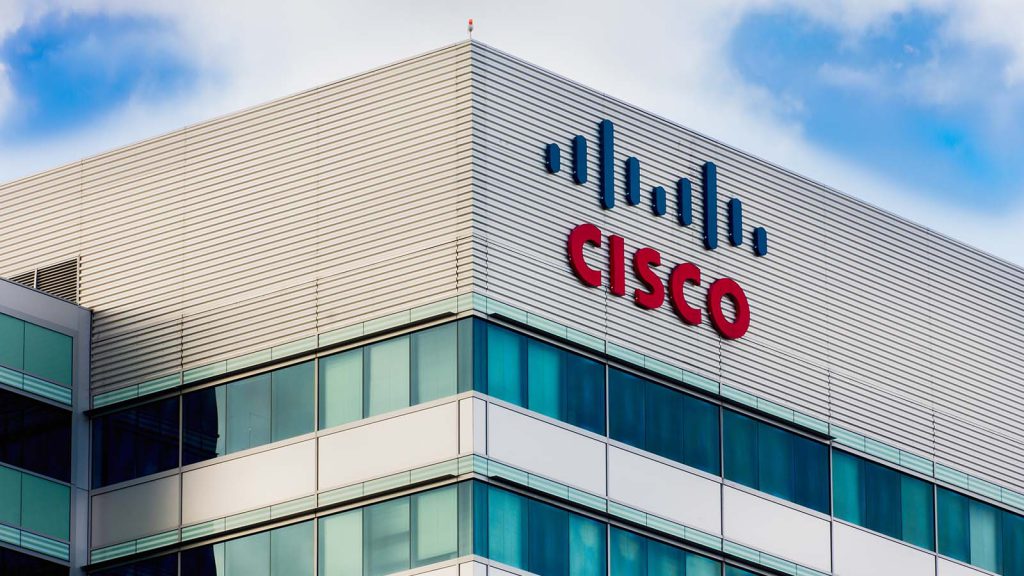 Image Credit: Shutterstock
Image Credit: ShutterstockThe AI boom is no different. When ChatGPT kicked off a gold rush in the tech realm, investors started pouring billions into all things AI. In the US alone, AI startups raised about US$23 billion in capital in 2023 and more than 200 such companies around the world are unicorns, valued at US$1 billion or more.
The tech industry is quite certain that AI will eventually prove titanically huge. But so far, there is little to show for the technology.
“Truly transformative changes will not happen quickly”
To date, AI hasn’t delivered any groundbreaking new services for consumers. For many, discovering ChatGPT brought a frisson of interest, but unlike the first time they picked up an iPhone or used Google’s search box, it hasn’t really changed their digital lives.
And given the costs it takes to build and run these AI tools, companies, on the other hand, have also burned through significant amounts of capital.
 Image Credit: Shutterstock
Image Credit: ShutterstockSam Altman himself has said that OpenAI is “the most capital intensive startup in history”—it costs the business US$700,000 a day to run ChatGPT, and according to a recent report, OpenAI could lose as much as US$5 billion this year, close to 10 times what it lost in 2022.
Daron Acemoglu, an Institute Professor at MIT estimates that only a quarter of AI-exposed tasks will be cost-effective to automate within the next 10 years. This means that AI will impact only less than 5 per cent of all tasks within this timeframe.
Given the focus and architecture of generative AI technology today… truly transformative changes won’t happen quickly and few—if any—will likely occur within the next 10 years.
– Daron Acemoglu, Institute Professor, MITThis isn’t to say that AI lacks revolutionary potential. Realising its full capabilites and overcoming cost barriers will take time, but the current wave of unrealistic expectations might trigger a market correction.
Featured Image Credit: Michael Vi / Shutterstock

 ValVades
ValVades 






















